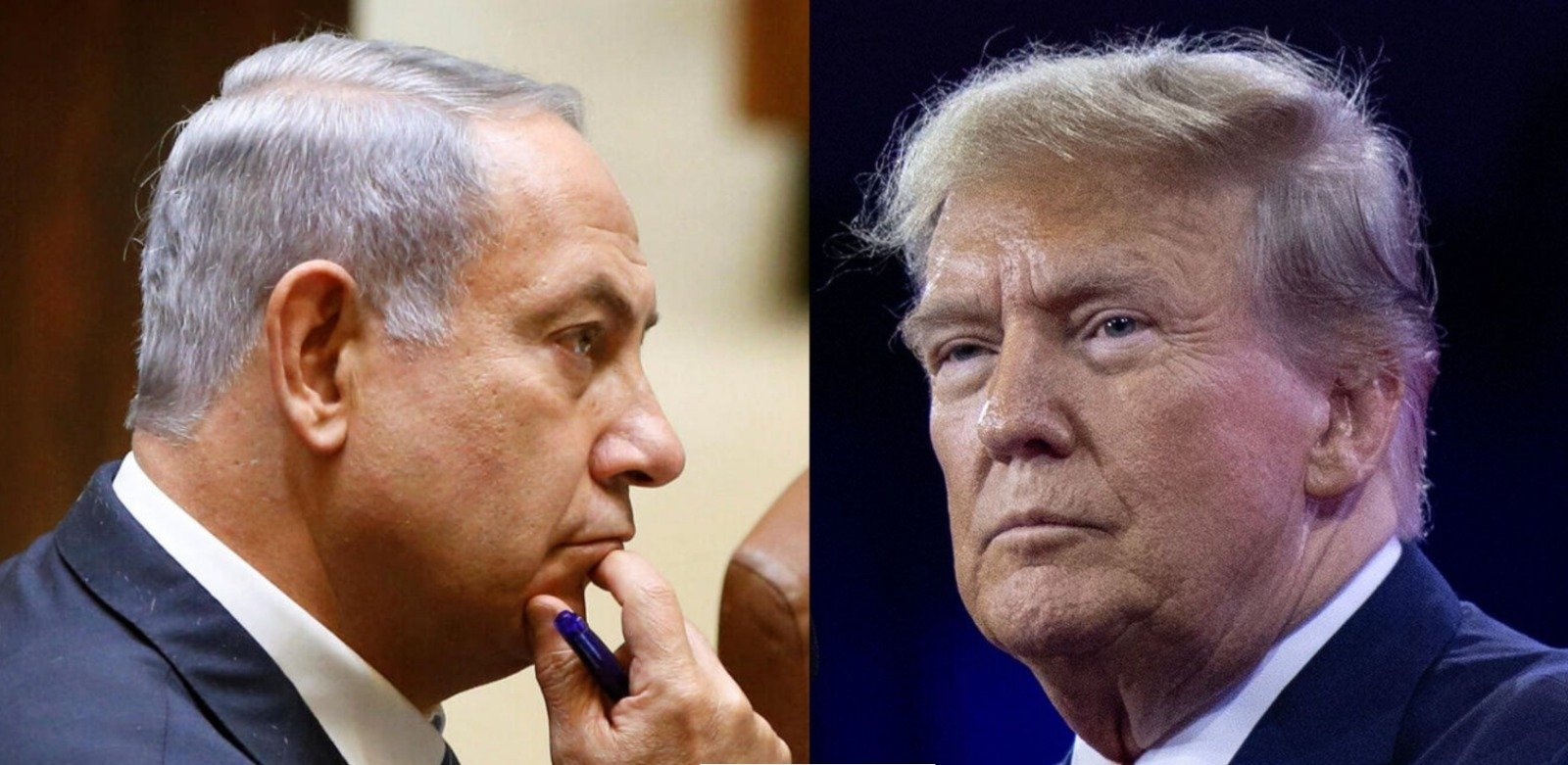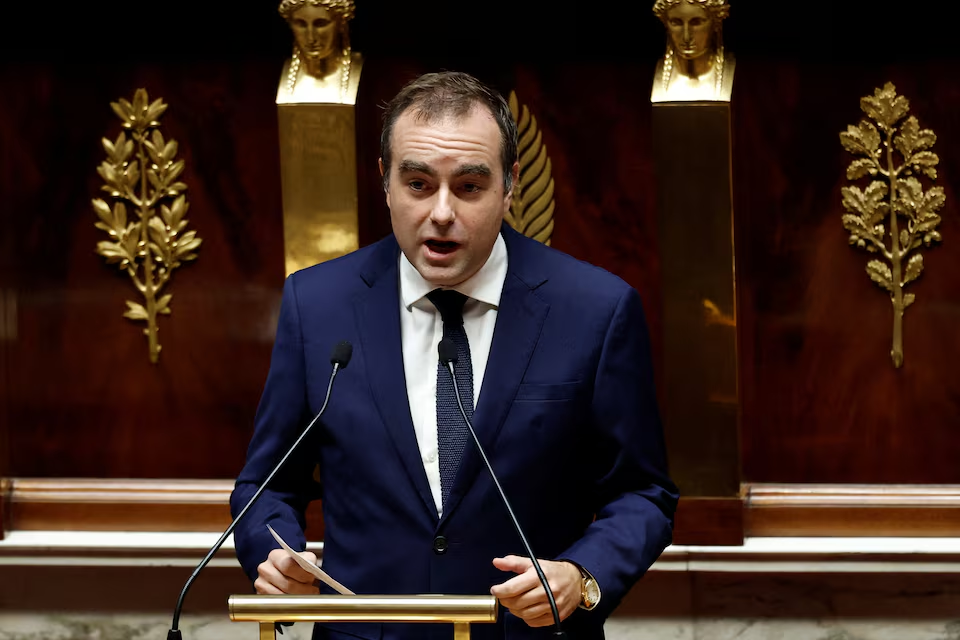President Trump Takes Clear Stance on Gaza and Iran — Netanyahu Risks Isolation in Global Politics
During his current tour of the Middle East, U.S. President Donald Trump has notably bypassed Israel, sparking speculation that his administration is now prioritizing lucrative trade deals with wealthy Gulf nations — including Qatar, a country long accused by Israel of aiding Hamas.
President Trump Takes Clear Stance on Gaza and Iran — Netanyahu Risks Isolation in Global Politics
President Trump Takes Clear Stance on Gaza and Iran — Netanyahu Risks Isolation in Global Politics
Riyadh – May 15, 2025
During his current tour of the Middle East, U.S. President Donald Trump has notably bypassed Israel, sparking speculation that his administration is now prioritizing lucrative trade deals with wealthy Gulf nations — including Qatar, a country long accused by Israel of aiding Hamas.
Even before the visit began, Israel expressed concerns over the U.S.'s renewed diplomatic engagement with Iran and Trump’s decision to halt U.S.-backed airstrikes against Iran-aligned Houthi rebels in Yemen. The Israeli government grew further alarmed when Trump opened direct talks with Hamas in Gaza to negotiate the release of American hostage Edan Alexander. Shortly afterward, Trump announced his intention to lift sanctions on Syria and normalize relations with the new Damascus government — which Israel has condemned as a "jihadist regime."
While Trump was in Riyadh on Tuesday taking credit for brokering a ceasefire deal with the Houthis, air raid sirens were sounding across Israeli cities, including Jerusalem and Tel Aviv, due to missile strikes launched from Yemen — a fact reported widely by the Israeli media.
Though President Trump denied any rift with Israel, he emphasized the broader regional picture, saying:
“This trip is good for Israel, because I’ve built relations with almost every country in the Middle East.”
Israeli Prime Minister Benjamin Netanyahu has refrained from making substantial public remarks, only thanking Trump for his role in securing the release of hostage Edan Alexander.
However, within the Israeli public and media, a growing perception has emerged that Israel — already under intense international pressure over the war in Gaza — may now be losing its chance to normalize ties with Saudi Arabia.
“The Middle East is being reshaped before our eyes through deals and diplomacy — and Israel, at best, is just a spectator,” wrote right-wing daily Israel Hayom columnist Yoav Limor.
Jonathan Panikoff, a former deputy national intelligence officer for the Middle East, stated:
“Trump is clearly moving forward with a trade- and investment-based agenda. If traditional U.S.-Israel security or political coordination doesn’t align with his priorities, he’s willing to bypass it.”
There have also been reports of occasional frustration within the Trump administration regarding Netanyahu — particularly in light of Trump's campaign promise to quickly end both the Gaza and Ukraine wars.
U.S. officials have urged Netanyahu to take more decisive steps toward a ceasefire with Hamas and to secure hostage releases. They’ve also shown reluctance to support any potential Israeli military strike on Iran’s nuclear sites, emphasizing diplomatic solutions instead.
A delegation from Israel has been sent to Doha, Qatar, to participate in talks mediated by Trump’s special envoy Steve Witkoff. Nevertheless, on the same day, Israel intensified its offensive in Gaza, killing more than a dozen Palestinians on Wednesday alone.
Prime Minister Netanyahu responded defiantly:
“Israel will not stop and will not surrender.”
He reiterated that the goal of the new Israeli campaign in Gaza is the complete removal of Hamas from both military and political control.










